You’ve just bought your house! Congratulations! All those hours of research and preparation to get your bank loan has paid off. You feel confident with your mortgage package and you are ready to decorate and move in! A mortgage is most likely the biggest debt that most of us will ever have. To be successful, completely pay off your mortgage, and avoid bankruptcy and foreclosure, there are a few mistakes to avoid.

fizkes/shutterstock.com
Mistake #1: Making Yourself House Poor
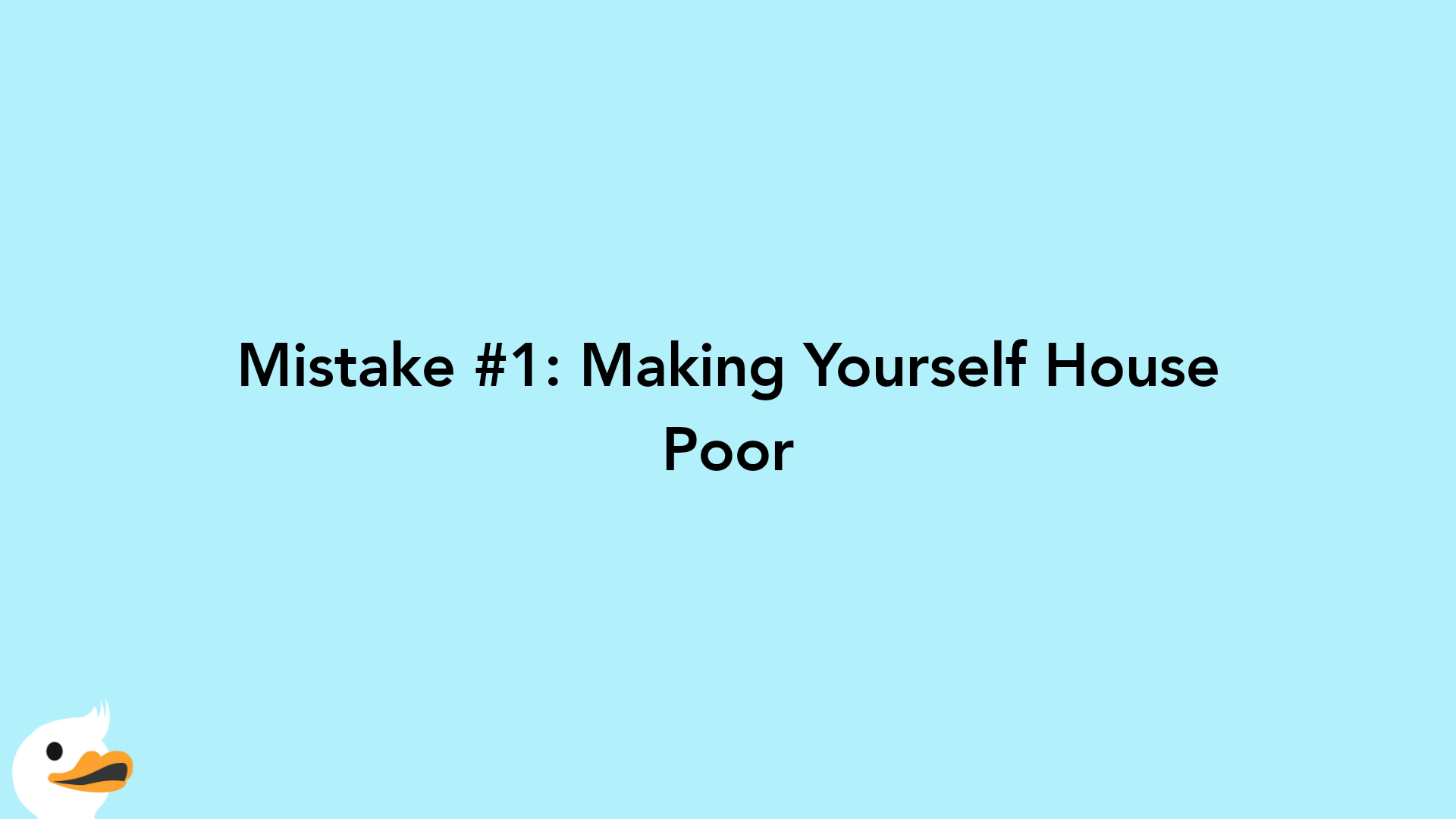
The phrase “house poor” is used to describe a situation when a person spends an unusually large amount of his or her total income on home ownership. As a result, there is little or no money left over for anything else. One way to avoid this is to spend less than 28% of your pretax income on housing. Some experts may go as high as 30%, granted you have no other outstanding debt nor plan to.
Here’s an example. The median monthly income in Singapore is S$8,846. Multiply the monthly income by 0.28. Therefore, if this were your income, your monthly mortgage payment should be no more than S$2,476.88.
Also note that if you already have existing debt, such as a student loan, a car loan, or credit card debt, you will need to calculate your debt-to-income ratio. You do not want to over-extend yourself or your budget. Your debt-to-income ratio should not exceed 35%. You can calculate this by adding up ALL of your monthly debt and divide it by your monthly gross income or pre-tax income. For example, if your monthly debt payments are S$3,000 and your monthly gross income is S$10,000, your DTI (debt-to-income) ratio is 30%.
Mistake #2: Not Budgeting for Home Maintenance
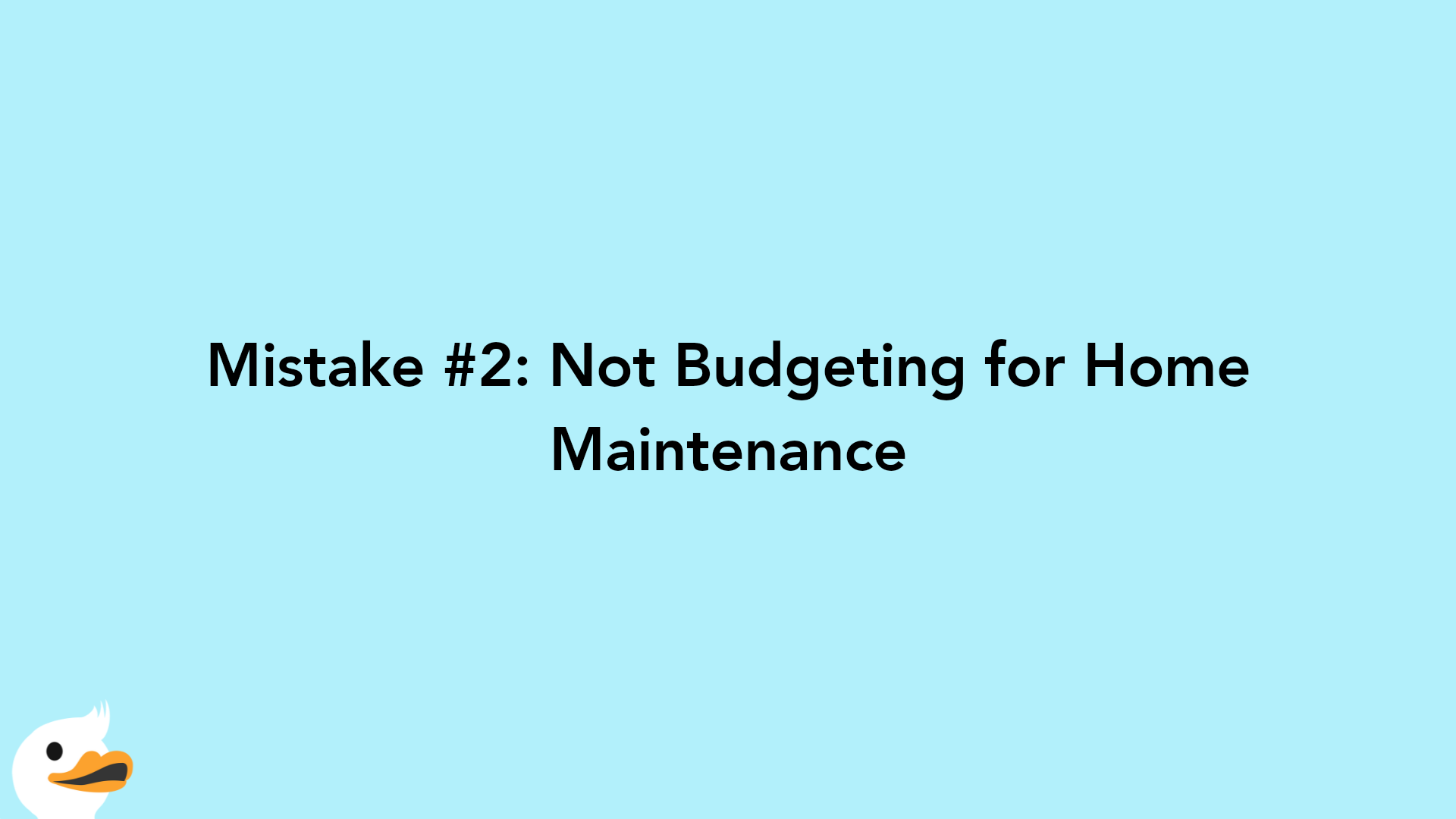
Owning your own home is different than renting someone’s home for a period a time. Often times, routine maintenance is covered by the landlord. Many first-time buyers are surprised by these sudden expenses, such as a new water heater or air conditioner.
Each year, you should budget 1% to 2% of your home’s purchase price for routine maintenance. For example, if your mortgage payment is S$2,476.88, when you multiply that by 0.01 or 0.02, you should be putting aside S$24.77 to S$49.54 a month. Some years you may spend less than you budgeted. That’s great! However, don’t spend that money. Set it aside for more expensive home maintenance costs, such as a new roof. Remember, the older and larger your home is, the more you will likely spend to maintain it.
Mistake #3: Not Budgeting for Fees, Taxes, and Insurance
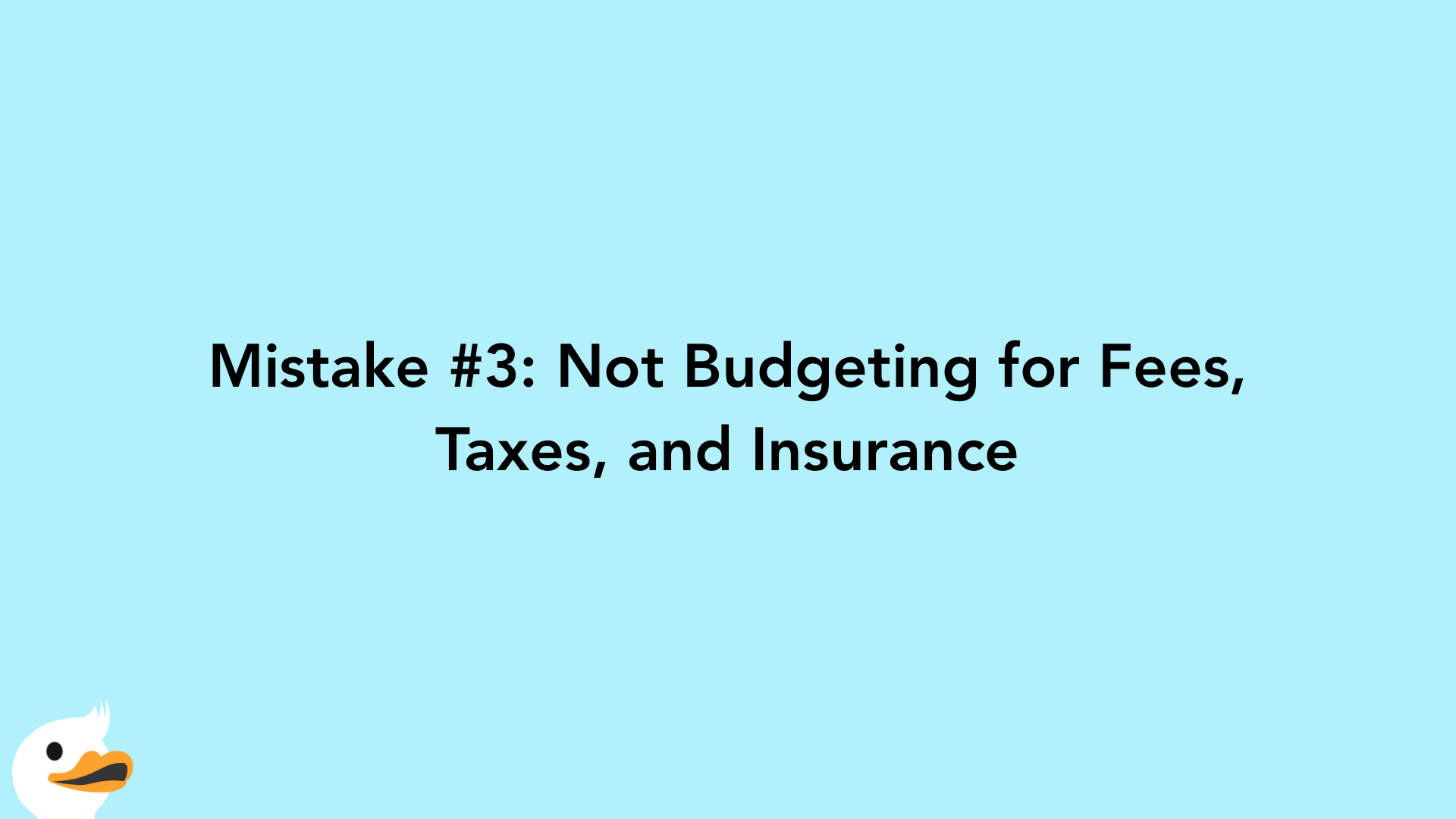
After you have chosen your dream home and calculated what you wish to spend, don’t forget the fees, taxes, and insurance associated with it.
You’ve probably heard of closing costs. These are fees incurred when you finalize your purchase. One fee included is the stamp duty, which is a tax relating to properties. It is calculated based on the purchase price. This ranges from 1% to 3%. Then, there are legal fees that are generally between S$1,500 and S$5,000. This number is contingent on the type of property and your lawyer. These are only a few of the fees that you may be required to pay during the final step of your home purchase. Your lender should give you estimates of your closing costs during the home loan process.
If you forget to repay your home loan on time, the bank may charge your a late payment fee. It can be a percentage of your loan amount.
If you’re feeling particularly zealous to pay off your debt quicker and decide to make extra payments, the bank may charge you a fee for doing so. This may be a fixed amount or a percentage of your loan amount.
If you cancel your home loan with a bank, you may be hit with a cancellation fee.
If you choose to have your own fire insurer, the bank may charge you an administrative fee to use it. This is because banks usually have their own insurance partners.
All property in Singapore are subject to property tax. This is usually calculated as a percentage of the annual value of the property. For example, the property tax of a home with an annual value of S$130,000 may be 16%. Remember, taxes usually go up, so always be prepared for an increase. On the plus side, the property tax for owner-occupied residential properties is lower than if you rent out your home!
Even if you had renter’s insurance before, get ready to budget more for home insurance. Fire insurance is required by law and can be as cheap as S$2 a year. However, this only covers the structural damage to your home, not its contents. On the other hand, home insurance will usually cover your furniture, electronic and electrical devices, renovation and personal valuables. Some home insurance packages also include benefits such as theft coverage. Premiums vary depending on on the coverage.
Mortgage insurance is also not legally required. It is essentially life insurance against your home loan. It is designed to protect the lender in case the owner of the mortgage is unable to pay for their monthly costs. For example, if the primary lender were to die suddenly, mortgage insurance protects his or her family. They would be able to remain in the same house without worrying about loan repayment. Another aspect of mortgage insurance is that it can help protect the homeowner in case of permanent disability or terminal illness. As a financial tip, since mortgage insurance has no financial return, consider the lowest premium.
Mistake #4: Ignoring Future Interest Rates
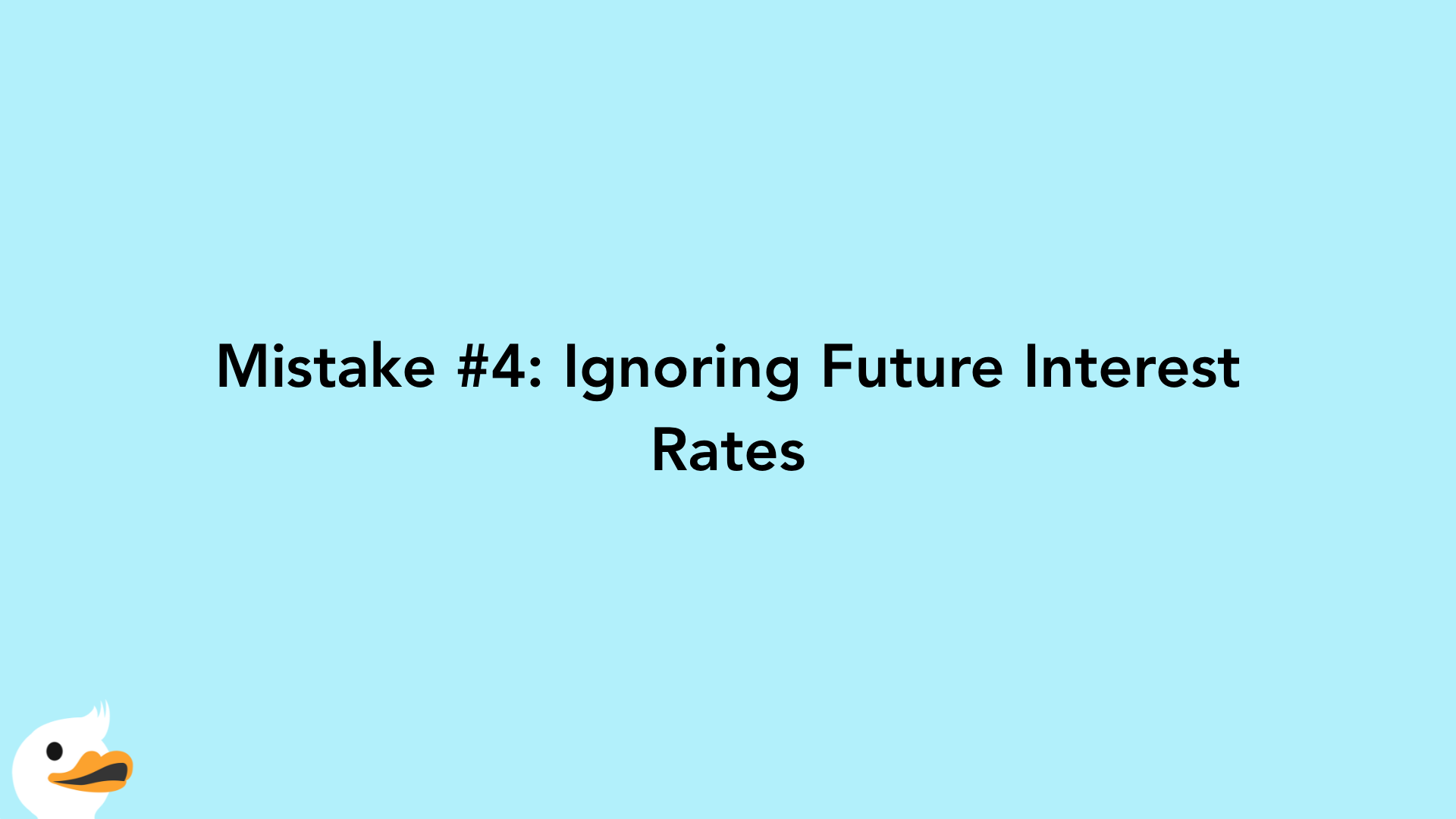
Make sure you know your mortgage package well. Even if you’ve locked in your interest rate for a few years, don’t forget that it will change. Most banks only offer a low fixed period of 1-3 years. After that, your rate becomes variable, and more than likely will increase. Be sure to plan for this change going forward.
Mistake #5: Not Preparing for Unexpected Circumstances
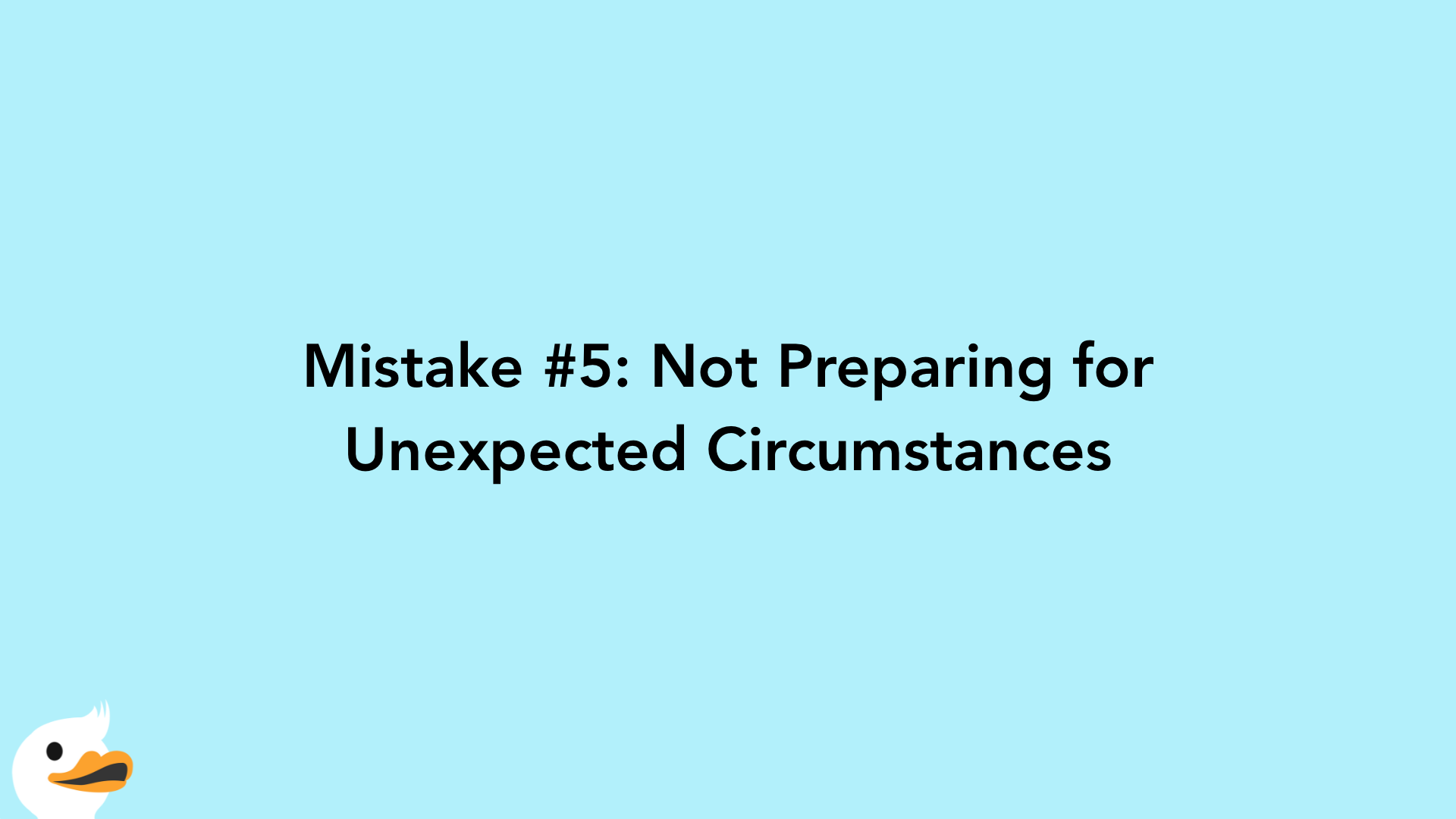
We always come back down to that word - budgeting. It is difficult to budget for something unexpected. There are a few situations that may arise that result in a financial emergency, such as your car breaks down, the loss of a job or the birth of a child. If you have calculated your mortgage payment down to the last dollar, you’ve probably stretched yourself too thin.
To protect yourself, it is wise to set aside some funds, similar to a savings account, to stay afloat for a minimum of three months. Of course, this varies with everyone’s personal situation. For example, the less secure your job is, such as for entrepreneurs or freelancers, the more you should have in your emergency savings account. Furthermore, people with health concerns may also consider having a larger cushion to fall back on.
This being said, a home owner should never empty their savings for a down payment. Many first-time homeowners may quickly “find themselves in a hole” if they do not have enough saved for emergencies.
Final Thoughts

When you buy your first home, there is a honeymoon phase. You should be very happy, proud and excited. However, there will be future expenses. By preparing well and having a thorough budget, you can be confident that you will live in your home for years to come.














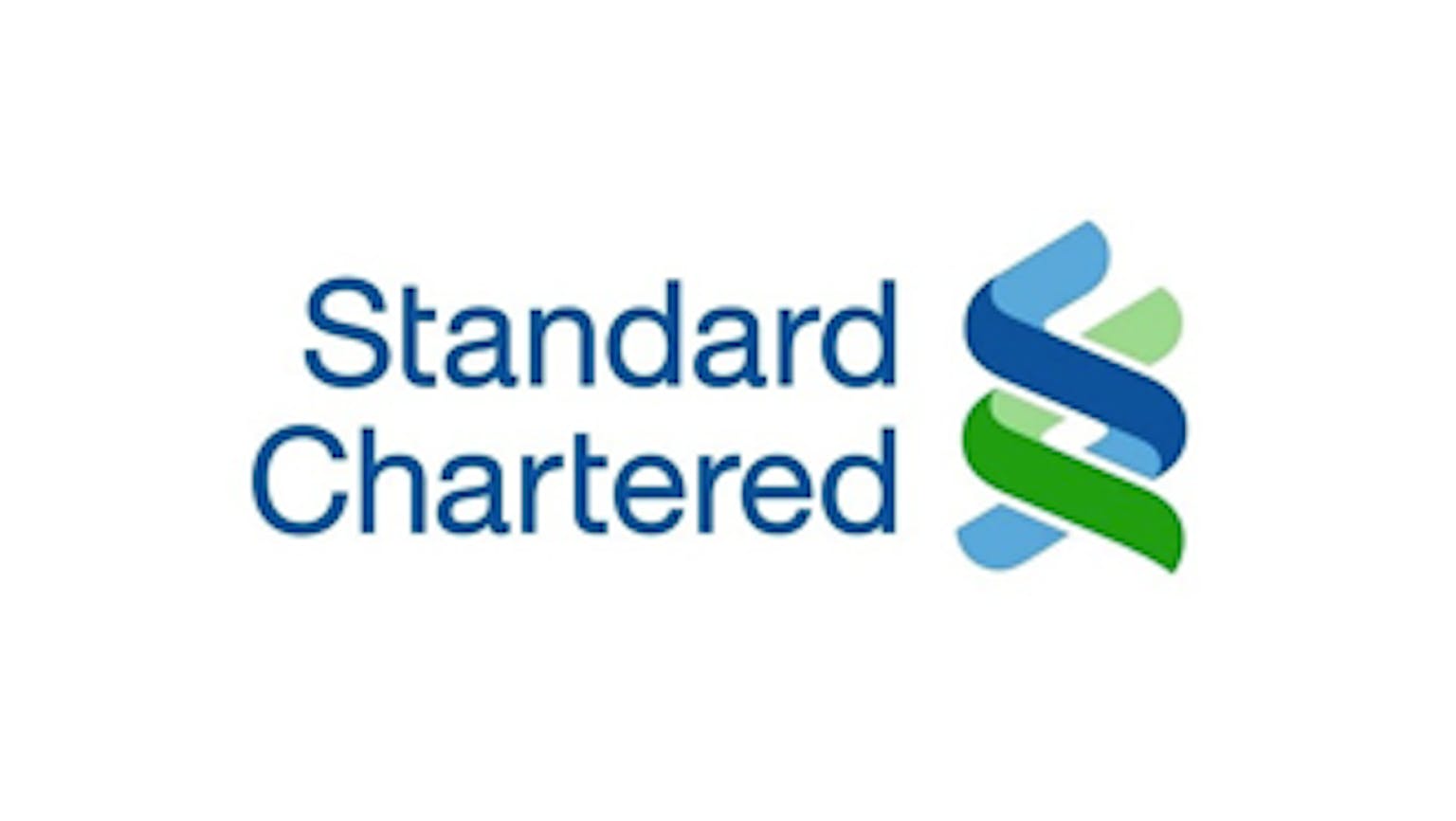


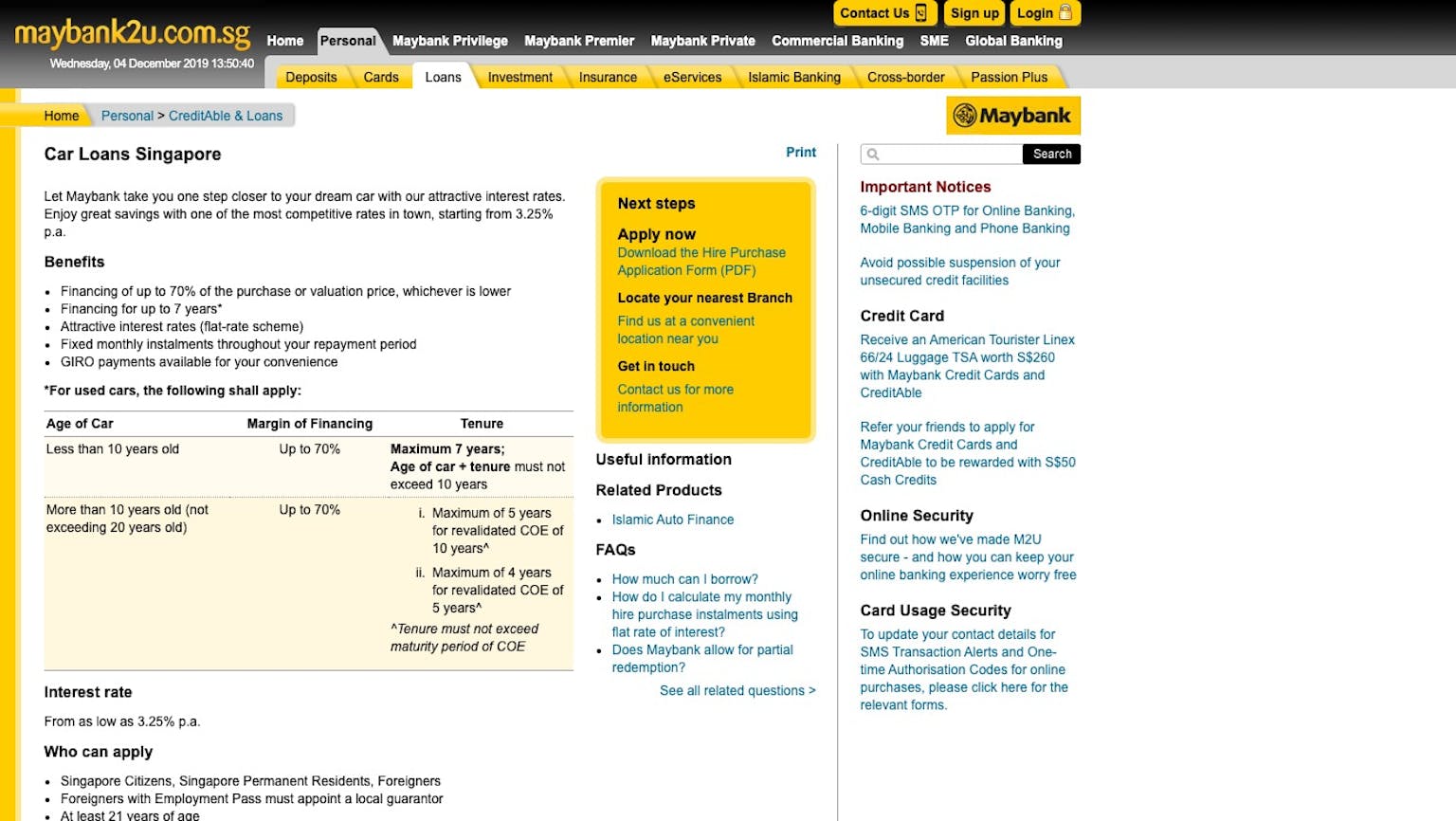





Please leave your knowledge and opinion!